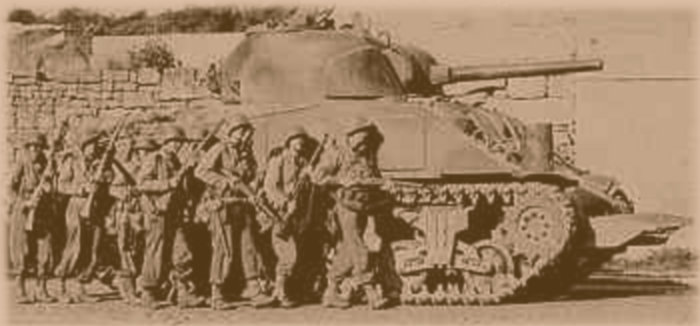Topic: Discipline

Discipline as Combat Motivation
Soldiers in Revolt; The American Military Today, David Cortright, 1975
Our first task is to probe the justifications for the traditionally accepted mode of military discipline. The basic explanation seems simple, at least on the surface: The organizational efficiency required on the battlefield demands total compliance with command decisions. It is assumed that men will not advance under fire without the impetus of inflexible authority, which must be instilled through rigid indoctrination and the threat of punishment. Colonel Heinl fervently argued this point in a recent attack on reform of military law: "Nothing save deeply inculcated discipline can drive soldiers or Marines to cross a fire-swept beach, storm a pill-box, or advance into the next house in street-fighting." In a similar vein, retired Army General Hamilton Howze argued in Army magazine in 1971 that traditional discipline must be maintained as the backbone of military efficiency: "In the last analysis it is the authority of the commander which gets the job done …". General Westmoreland repeated the same argument in describing the primary purpose of military justice: "Discipline is an attitude of respect for authority which is developed by leadership, precept and training … which leads to a willingness to obey an order no matter how unpleasant or dangerous.…"
Despite such claims, the available evidence casts considerable doubt on the value of military discipline. A number of scholarly studies suggest that men are not motivated in combat by command authority or training, but by simple personal concerns such as the desire to retum home safely, mutual bonds with a buddy, and the basic drive of self-preservation. During World War II, Samuel Stouffer and a team of social scientists conducted a pioneering survey of the attitudes and experiences of enlisted men and officers, later published in the two-volume report The American Soldier. Concentrating on a veteran infantry unit that had fought through two Mediterranean campaigns, the scientists asked the men what motivated them under fire. They found a marked difference between officers and enlisted men in the value attached to military authority. When asked to select the factor "most important to you in making you want to keep going," enlisted men identified "leadership and discipline" least of all the incentives listed; only 1 per cent considered it their primary motivation. When officers were asked to name what they thought was most important to the troops, however, discipline was selected most frequently, by 19 per cent. The GIs were concerned not with military authority but with returning home safely and protecting their buddies. The research also indicated that the threat of punishment under military law had little impact on the battlefield, that men in the infantry were generally unmoved by potential disciplinary sanctions. Less thorough but similarly directed studies were conducted during Korea and Vietnam, with results confirming the seeming irrelevance of military discipline. Sociologist Roger Little observed Army units in Korea and concluded that solidarity among small groups was the most important factor in explaining the behavior of enlisted men in combat. Charles Moskos, studying GIs in Vietnam, saw combat troops as concerned only with their own personal survival. None of these studies found military discipline or authority important to combat motivation. The basic drive to return home safely and the intimacy of buddy groups seem sufficient to convince soldiers to co-operate and to sustain them under fire. There is no evidence that the strictures of military discipline contribute to combat effectiveness.

